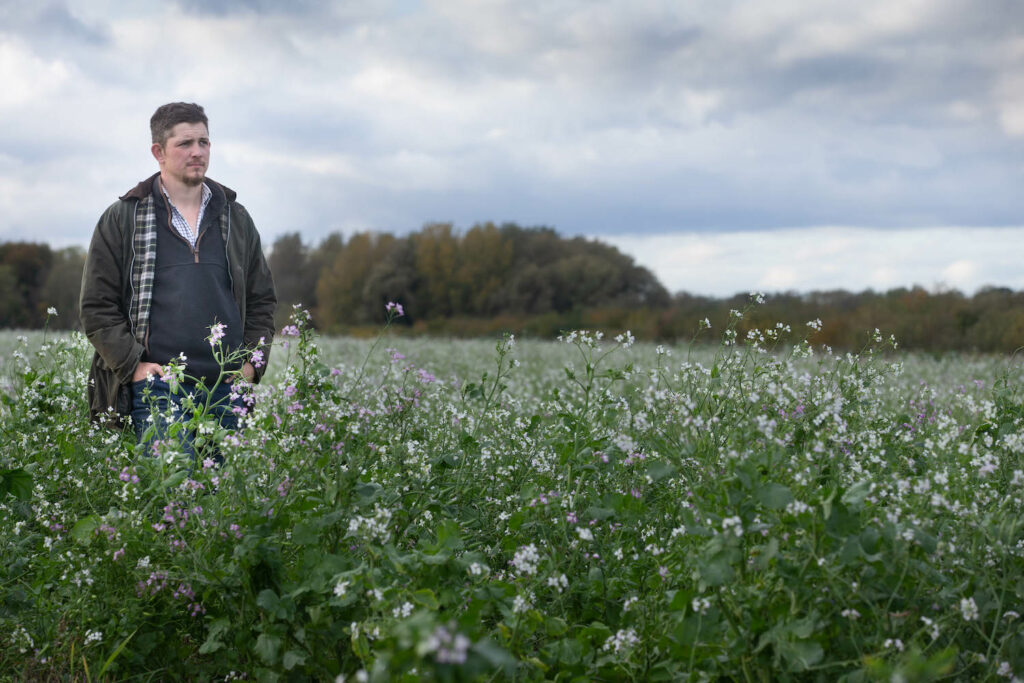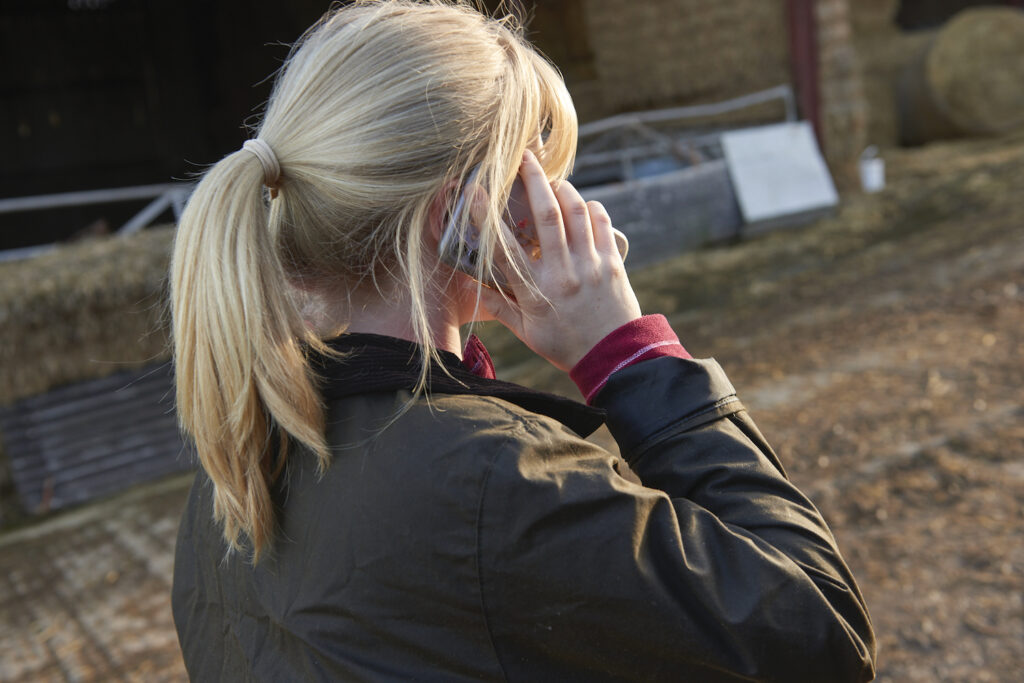“We need to break down barriers that prevent people accessing help”
23rd February 2023
With farming businesses under more pressure than ever, rural charities are reporting a rise in the number of farmers seeking support. But there is still a reluctance among many to ask for help. Farmers Guide caught up with RABI’s director of services Caron Whaley…

©Tim Scrivener Photographer
Over the past few years farmers have faced a range of acute challenges, from soaring costs, the UK’s worst avian flu outbreak to date and effects of the war in Ukraine, to name a few.
Most farming people face an average of six stress factors, according to the results of RABI’s Big Farming Survey, which gained 15,000 responses.
“Since the report was published in October 2021 things have not got any easier for farming people and when you add in the cost-of-living crisis, this is clearly having a big impact not just on people’s financial situation but also a knock-on effect on their mental wellbeing,” Ms Whaley said.
RABI supported over 2.5 times as many members of the farming community last year, compared to 2021, Ms Whaley said. The charity saw an increase in the number of working families it supported, suggesting farming people are affected by increasingly complex challenges.
Some of this increase can be attributed to the uptake of RABI’s Return to School campaign – which helped with the cost of school uniforms, PE kit and other equipment – and the roll out of new mental health services. For the vast majority (90%) who were helped by Return to School, it was the first time they had connected with RABI.
Breaking down the stigma attached to asking for help is key, Ms Whaley stressed. “Encouraging people who are struggling to take that initial step is vital if we’re to break down the barrier associated with asking for help. It is still too often viewed as a weakness, rather than a strength.”
High demand for support services
Demand for the charity’s in-person counselling, which launched in January last year, has exceeded expectations by almost 12 times, she added. This suggests there is a need for wraparound wellbeing services that complement RABI’s financial help and guidance, Ms Whaley said.
“Our work is clearly far from done. We want to continue encouraging people to access early, preventative wellbeing support and also to normalise everyday conversations around how we’re feeling.
“During a period of profound change or stress in your life, talking to a professional counsellor who is familiar with the farming ‘landscape’, and the issues you’re facing can make a positive difference.”
Demand for the charity’s accredited mental health training was also higher than expected. Led by qualified counsellors, the training helps to equip those working with farming people with the tools and confidence to start mental wellbeing conversations, as well as being able to recognise the signs when someone is struggling.
“Addressing the worrying levels of poor mental wellbeing identified in the farming community remains a key driver for RABI,” Ms Whaley continued. “However, the picture that’s emerging is the demand for support services and mental health training is far greater than expected. There is a clear need that must be met.”

Where can people get support?
“People can get access to support in a number of ways. There is RABI’s Click & Chat counselling support option, which is confidential, free of charge and available from any device,” Ms Whaley said.
“Alternatively they can call our free 24/7 helpline if they want to be put in touch with a regional support manager who will tailor the support to each individual based on their specific circumstances.
“This might include professional information, advice and guidance relating to benefits, housing, financial budgeting, or managing personal debt in addition, to consideration for personal financial assistance where appropriate.”
She added: “We believe that no farmer should ever face adversity alone and the sooner people reach out, the quicker we can assess the support that’s needed. All support services are free and completely confidential.”
For those worried about a family member, friend or co-worker, being able to have open conversations is important.
“Unfortunately, we believe there remains a large percentage of the farming community who are reluctant to reach out for support. Collectively, we need to work towards breaking down the barriers that prevent people from accessing help when they need it.
“Everyone has a role to play, so it’s important that people feel confident having open and honest conversations with those around them. If you find that someone is in need of professional support, you can make a referral through our helpline if you have their consent.”
If you, or someone you know, could benefit from talking to a farming-focused support professional, free support is available via Click & Chat: https://explore.kooth.com/rabi/
Or contact RABI’s 24/7 confidential helpline: 0800 188 4444

